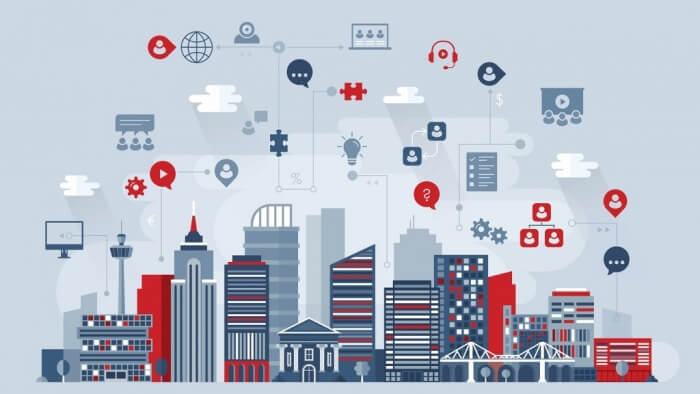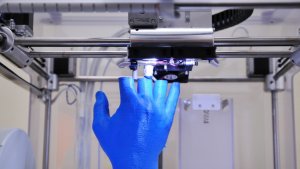5 Ways The IoT Could Change The World
The internet of things has a long way to go, but we are just beginning to witness its potential.

The IoT has the potential to transform every aspect of our lives. Already we’ve seen the rise of the smart home, with connected devices making managing our houses easier than ever before. If you followed CES 2017, you’ll know there’s also lots of talk about connected vehicles and how they could revolutionise our transport system.
With billions of sensors transmitting information and allowing objects to communicate with each other, almost anything is possible. Here are five ways we think the IoT could change the way we live in the future.
1. Greener and safer transport
We expect connected cars will become commonplace on the roads within the next ten years, with the driver’s role becoming less and less important, as more autonomous features are built in. Crucially, these cars are going to be more environmentally-friendly and safer.
With vehicles emitting millions of pounds of hazardous pollutants into the air each year, we all need to take steps to tackle environmental damage. Driving is also dangerous – every year between 20 and 50 million people suffer road traffic injuries across the world.
Fortunately, M2M telematics could help to solve these problems. These connected modules can curb vehicle emissions, optimise engine efficiency, and improve driver safety by monitoring engine performance and providing real-time feedback to drivers via a dashboard display. By ensuring peak performance, vehicles can become more efficient and safer.
2. More powerful wearables
Wearables are going to be more powerful in the future, thanks to embedded SIMs and remote SIM provisioning. For instance, watching television on your smartwatch could become commonplace, as could making a phone call via connected jewellery.
On-demand connectivity is going to be the norm, allowing users to connect and make calls or access internet services with their portable devices without having to take their smartphone with them, or committing to multiple monthly subscriptions with a connectivity provider.
3. Greater business potential
Businesses will benefit from the increase in data, enabling them to better engage with consumers and provide a personalised, customer-centric service. Companies will be able to better track behaviour and respond to users’ needs, offering targeted advice and rewards.
In addition, organisations that embrace the IoT can make more intelligent decisions, thanks to being able to evaluate risks more effectively and benefitting from more accurate market projections. For banks, M2M sensors could enhance underwriting processes, allowing them to better track physical performance of individuals, shipping of goods and manufacturing quality control.
4. Enhancing event experiences
We also expect the technology to revolutionize the way spectators enjoy a game or concert. We think fans will be able to download specialist apps, to receive real-time information on tickets and maybe even order refreshments before they step into the stadium.
An example of a sports venue that has already embraced innovative payment solutions is Saracens’ Allianz Park stadium, where fans can order food and drink with prepaid wristbands, meaning transactions are seamless and queues are greatly reduced. This technology could see widespread adoption in future, contributing towards the creation of an even more engaging experience for fans.
5. Smarter cities
The IoT will enable our cities to become smarter in every way – and it’s going to make our lives easier than ever before. Secure telematics systems will be able to interact with other vehicles, intelligent road signs, traffic lights, smart homes and smart city solutions.
For example, M2M solutions will be able to pull data from sensors and automatically control traffic lights in real time to ease congestion and improve traffic flow on the roads. Elsewhere, there will be possibilities to send data via smart meters to utility companies which can then optimize production to save energy and better meet consumer demands.
The possibilities being created by the IoT seem endless, and it is set to have an enormous impact on our lives over the next few years. It’s an exciting time – technology has the ability to transform the world as we know it, creating new opportunities, and making our lives more convenient than ever before.
Manfred Kube is head of M2M segment marketing and director business development, mHealth, at Gemalto.
Thanks for signing up to Minutehack alerts.
Brilliant editorials heading your way soon.
Okay, Thanks!




